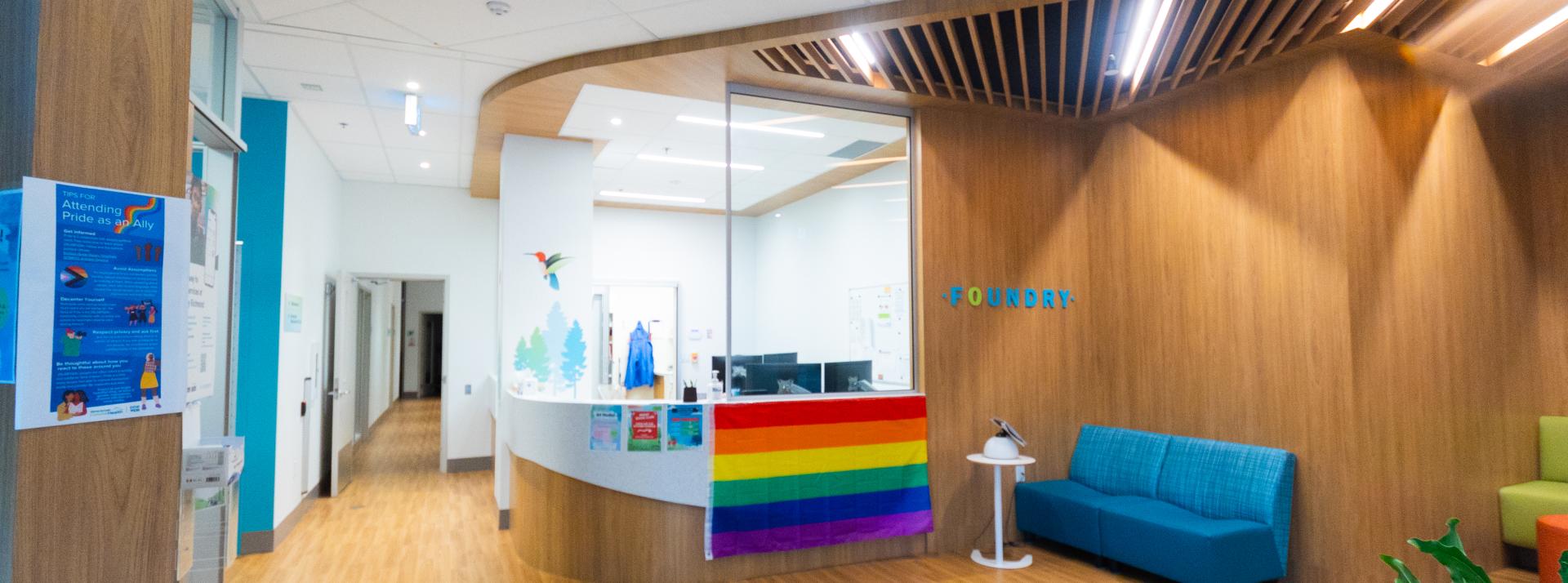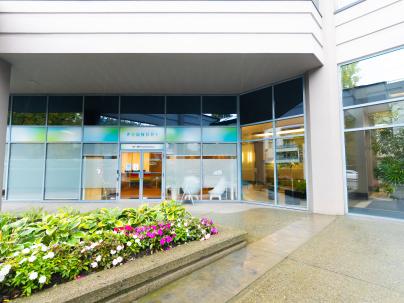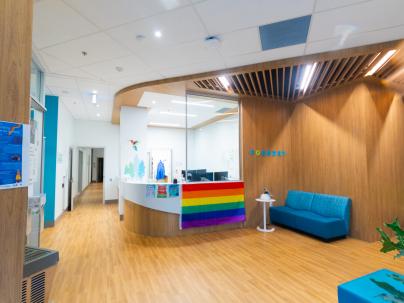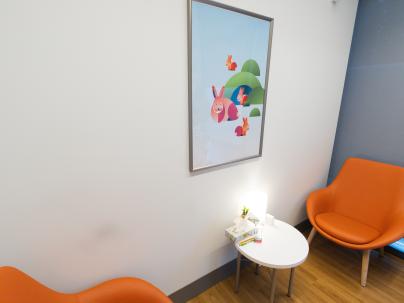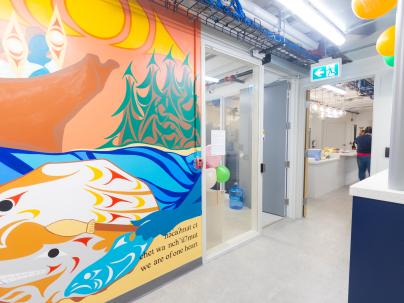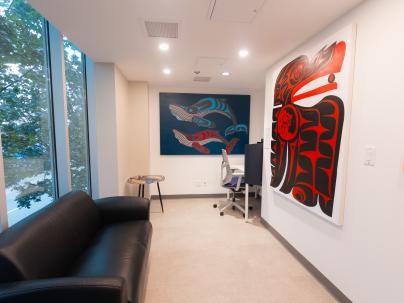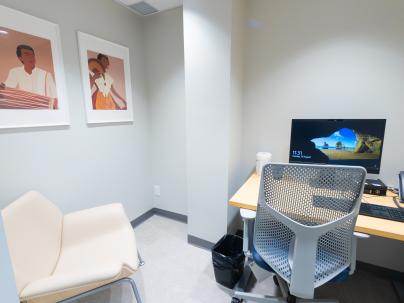Connecting parents, children and youth to important mental health services
Providing access to mental health services and resources is critical to keep young people healthy across the region. Mental health challenges in childhood and adolescence, if left untreated, can have lasting effects into adulthood. The aim at Vancouver Coastal Health (VCH) is to provide safe, quality care to children and youth who are experiencing mental health challenges by encouraging early access to culturally safe programs and services.
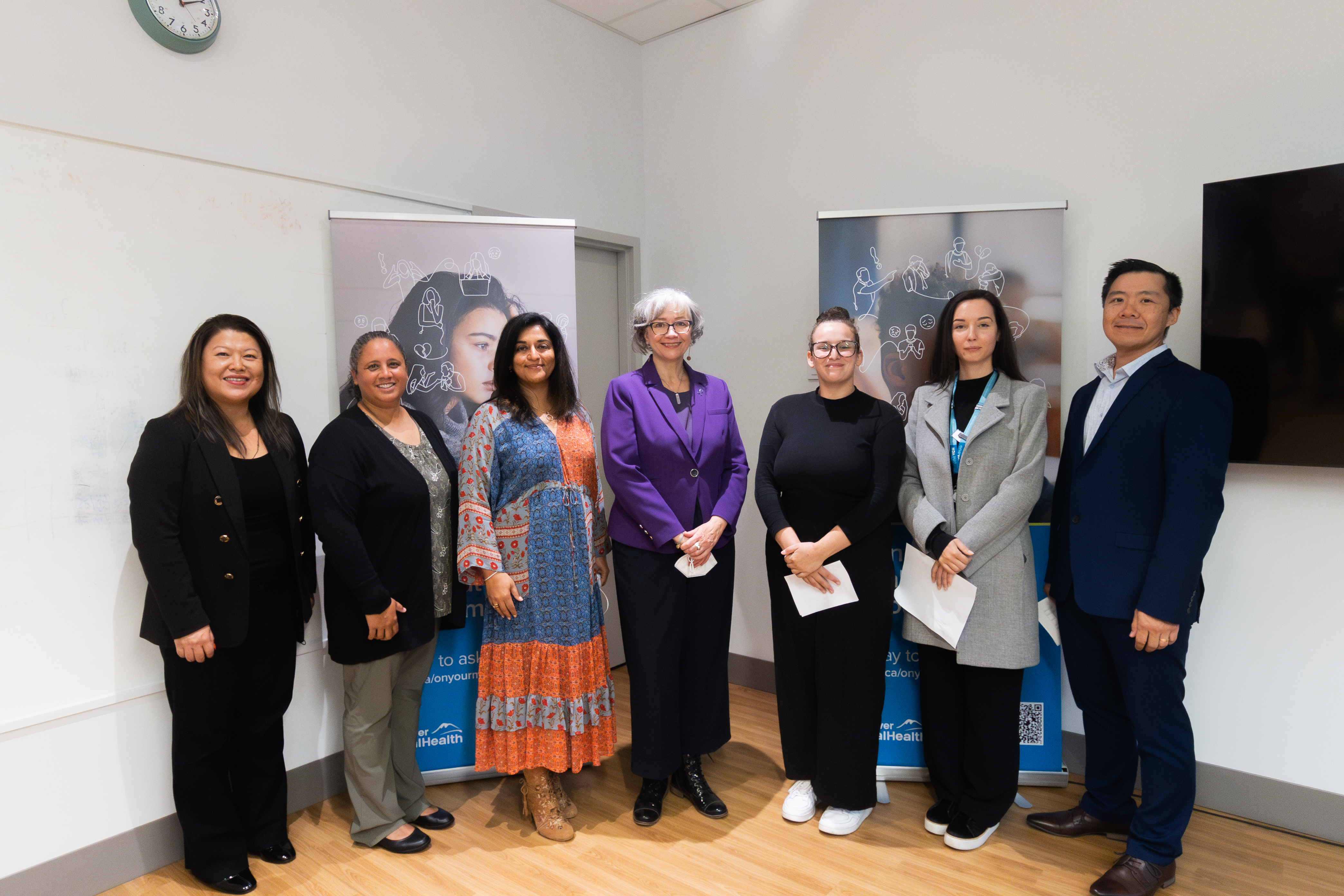
“We all have a role in knowing the signs and supporting the mental health of children and youth in our lives. Young people need to know that it’s okay to ask for help. It’s important that we encourage children and youth to talk about their feelings and empower families, caregivers and other involved adults with the tools and resources to help.” - Yasmin Jetha, Vice President, Community Services, VCH

On Your Mind: Mental health awareness campaign for children and youth
On World Mental Health Day, VCH launched On Your Mind, a child and youth mental health public awareness campaign that focused on early intervention and identification of early signs and symptoms of mental health challenges. It also shared information on supports and resources offered within the VCH region, including culturally safe and trauma-informed programs and services for Indigenous Peoples. Information, tips, and resources for child and youth mental health have been translated into 11 languages and information was distributed to Indigenous communities across VCH as well as to community organizations.
First Downtown Eastside Youth Outreach team
Young people struggling with housing instability, mental and physical-health challenges in Vancouver’s Downtown Eastside (DTES) now have access to more and improved mental health and substance use supports with the launch of the first DTES Youth Outreach team.
“This is an approach informed by youth," said Lizzy Ambler, Operations Director, Community Health Area six and Program Lead for Adult, Child and Youth Mental Health and Substance Use. “Youth provided input on what they wanted this care to look like, and requested a space where they could go if they were interested in further supports.”
This new approach focuses on connecting with young people, aged 15-24, in the Downtown Eastside, who may be homeless or precariously housed, and who may be wary of reaching out for care or support. The onus to seek out care is not placed on the youth who need support. Outreach staff go to them and begin building rapport and trust, which may lead to a young person accepting help.
“We see what we can do to help them in their environment and where they are comfortable at first," explained Emily Giguere, Clinical Planner, Youth Substance Use Services. “And then at some point, maybe they'll come here, to our Outreach space on Powell Street, where they can access a variety of care and supports.”


